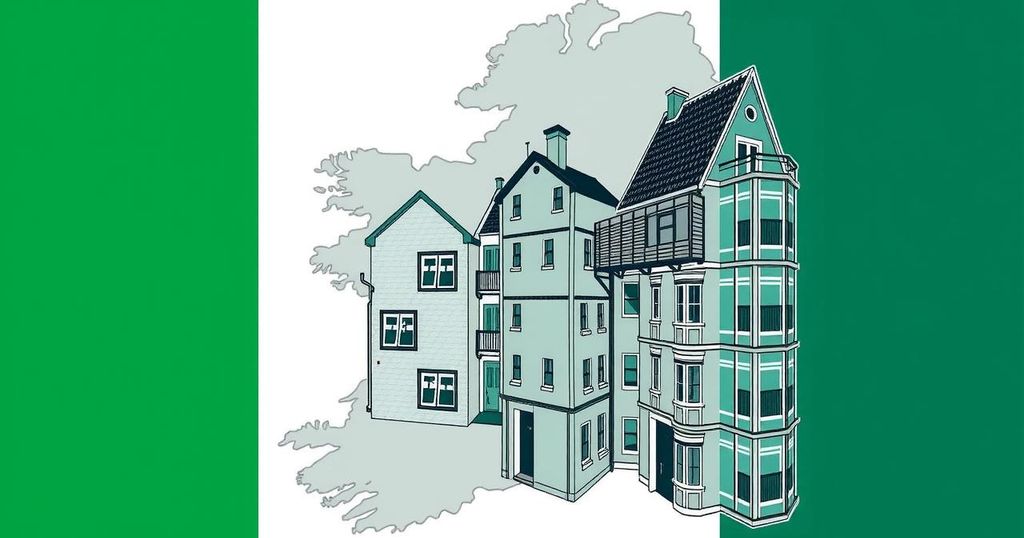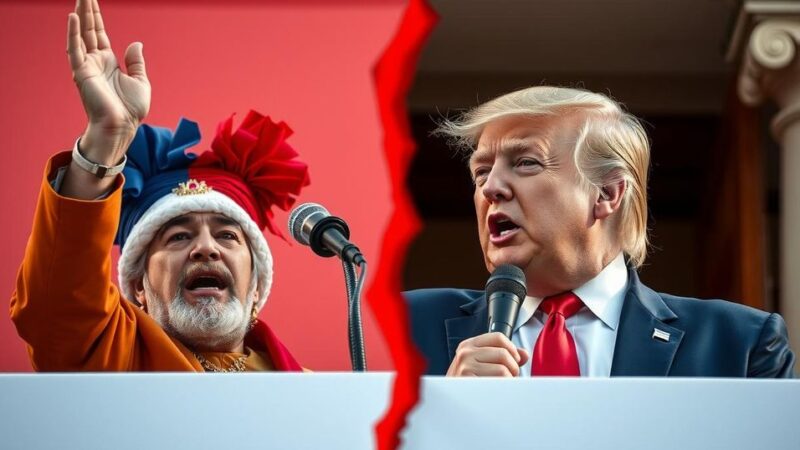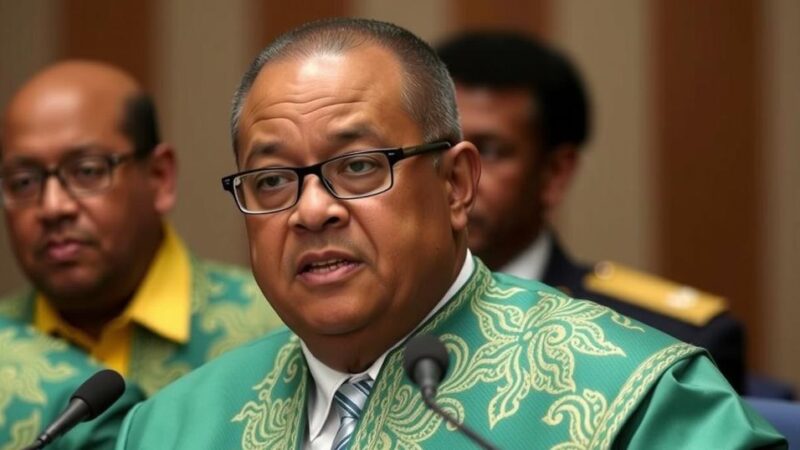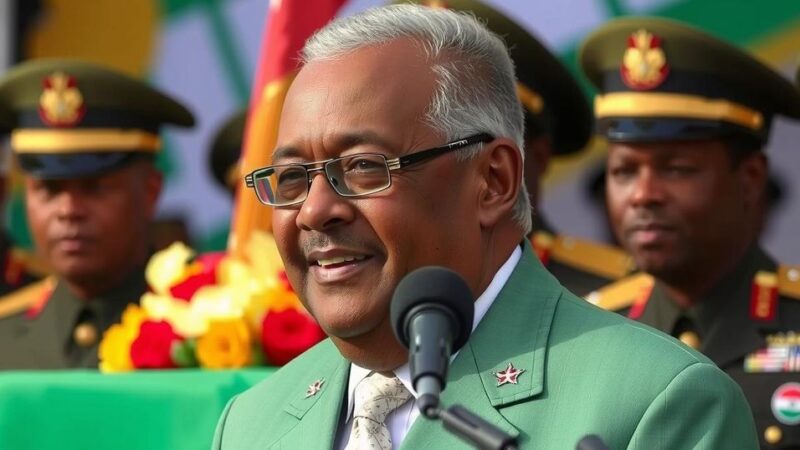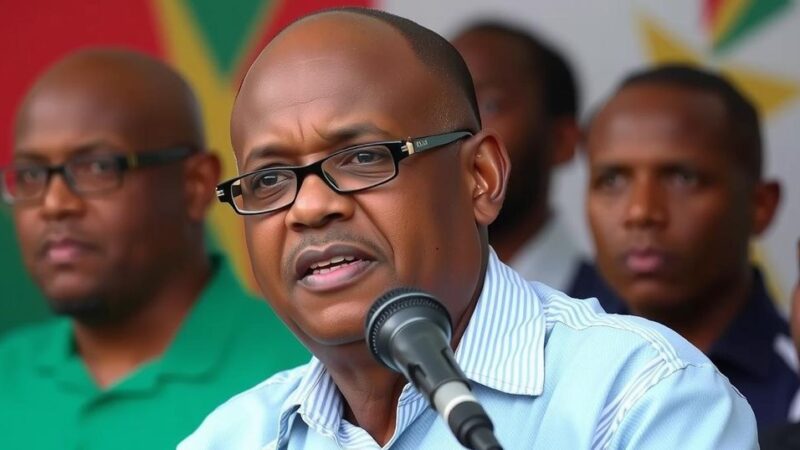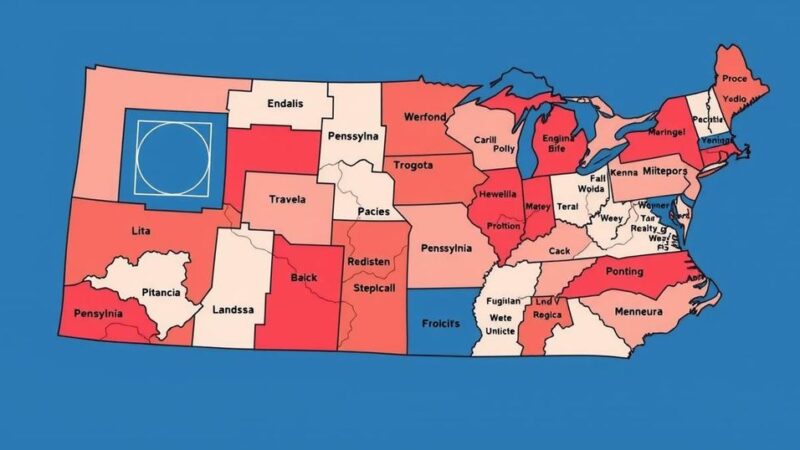Ireland is holding a close election, with Fine Gael and Fianna Fail in competition with Sinn Fein, each around 20 percent support. The election was called by Taoiseach Simon Harris after announcing tax cuts and spending increases against a backdrop of a housing crisis and public discontent. Vote counting begins soon, but results may take days due to the system used.
Ireland is currently engaged in a closely contested election, with incumbent centre-right parties Fine Gael and Fianna Fail competing closely with the leftist-nationalist party, Sinn Fein. As voters head to the polls, recent opinion polls indicate that all three parties are hovering around 20 percent support. If these polling results are mirrored in the election, it could result in Fine Gael and Fianna Fail continuing their coalition government formed after the inconclusive 2020 elections.
The coalition, despite its historical rivalry, was established due to their mutual agreement to avoid forming a government with Sinn Fein, mainly due to the party’s association with the Irish Republican Army. Simon Harris, the leader of Fine Gael and current Taoiseach, called for this election following the announcement of a substantial budget surplus, which included plans for €10.5 billion in tax cuts and increased spending.
While Fine Gael initially led in the polls, its support wavered after a contentious interaction between Harris and a disgruntled care worker gained considerable attention online. Throughout the past two years, Sinn Fein enjoyed higher ratings, often exceeding 30 percent, before experiencing a decline attributable to its liberal views on immigration, which appeared to alienate some voters.
Key themes during this election have revolved around the cost of living and a persistent housing crisis that has significantly increased rents and property prices. Despite Ireland enjoying robust public finances bolstered by corporate tax contributions from multinational corporations, there remains considerable public dissatisfaction regarding the government’s oversight of public services, particularly in addressing the housing shortage that emerged during the economic boom known as the “Celtic Tiger” era.
The counting of votes will commence on Saturday across Ireland’s 43 electoral constituencies, though the final outcome may take several days due to the proportional representation voting system, which requires multiple counting rounds.
The current election in Ireland is set against a backdrop of significant issues, particularly surrounding housing and the cost of living. In recent years, the country has faced a severe housing crisis, marked by skyrocketing rent prices and property costs. Despite a growing economy and healthy public finances, public discontent has surged, particularly regarding the management of housing resources and essential public services. The coalition government formed by Fine Gael and Fianna Fail after the 2020 elections has also been scrutinized for its handling of these pressing issues, while Sinn Fein has gained traction as a potential alternative, challenging the historical dominance of the centre-right parties.
In summary, Ireland’s upcoming election is characterized by a tight race among centre-right incumbents and the rapidly rising Sinn Fein party, amid pressing issues of housing and cost of living. Polling results suggest a continuation of the current coalition government, though public frustration with government services raises questions about future electoral support. The results are highly anticipated, but the process of counting votes may extend over several days due to the proportional representation system in place.
Original Source: www.aljazeera.com

